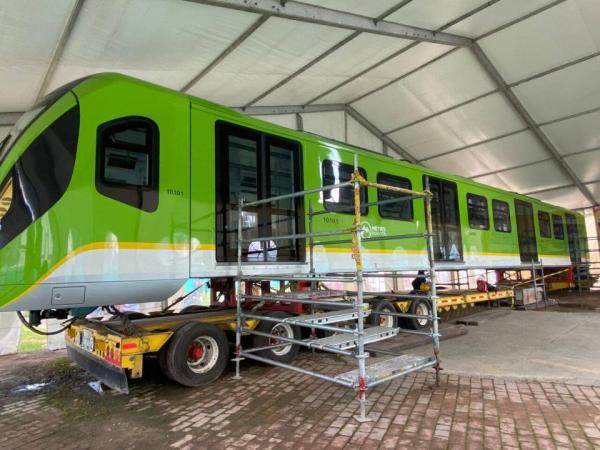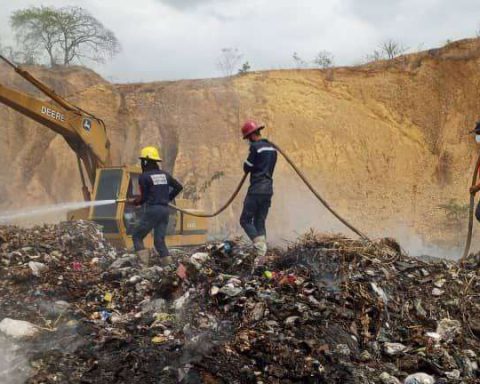The controversy that has been unleashed by the way in which the Bogotá Metro project should be carried out has not ceased. He Chinese consortium in charge of the project, presented 5 proposals to underground a section of the first line, however, the list has entered into a discussion to find out which are viable and what is best for the Colombian capital. However, the Minister of Transportation, Guillermo Reyes, has reiterated the President’s wish to make this a realitycontrary to what was stated by the president of Bogotá, who wants speed in this mega-work.
Also read: Government vs. Bogotá: projects that would not be financed in the capital
This situation has unleashed a wave of criticism, as this push back and forth among the leaders has put into question doubts the continuation of the Metro project and the financial viability of future projects in the capital, which have the backing of the Government.
Regarding the dispute, the president of the Colombian Chamber of Infrastructure, Juan Martín Caicedo Ferrer, explained what would be the consequences of a possible suspension of the mega-project, among which he highlighted that the The main victim will be the citizen.
Also read: Government warns: “if Bogotá does not accept anything, we do not finance projects”
“To the extent that the entry into operation of a first subway line means a solution to the mobility of Bogotanos, to the same extent -if the project continues to expand indefinitely- those citizens who usually use public transport would be the main affected by a decision of this nature”, he says.
He further indicated: “In effect, the nation -as established by the meter law- assumes 70% of the project costs. In other words, it is the resources of the citizens themselves that would be affected, if one takes into account that the work could have cost overruns, even up to $13 billion.”finishes off the union leader.
Also read: Bogotá Metro: how viable is it to change the contract?
Likewise, Caicedo recalled that a large percentage of the collection received by the national government, comes from the capital of the country (25%)which would mean that Bogotanos are the ones who, “paradoxically, the city’s solutions in terms of mobility and the correct execution of its resources would be affected, as a result of its taxes”finish off.
BY: PAULA GALEANO BALAGUERA

















